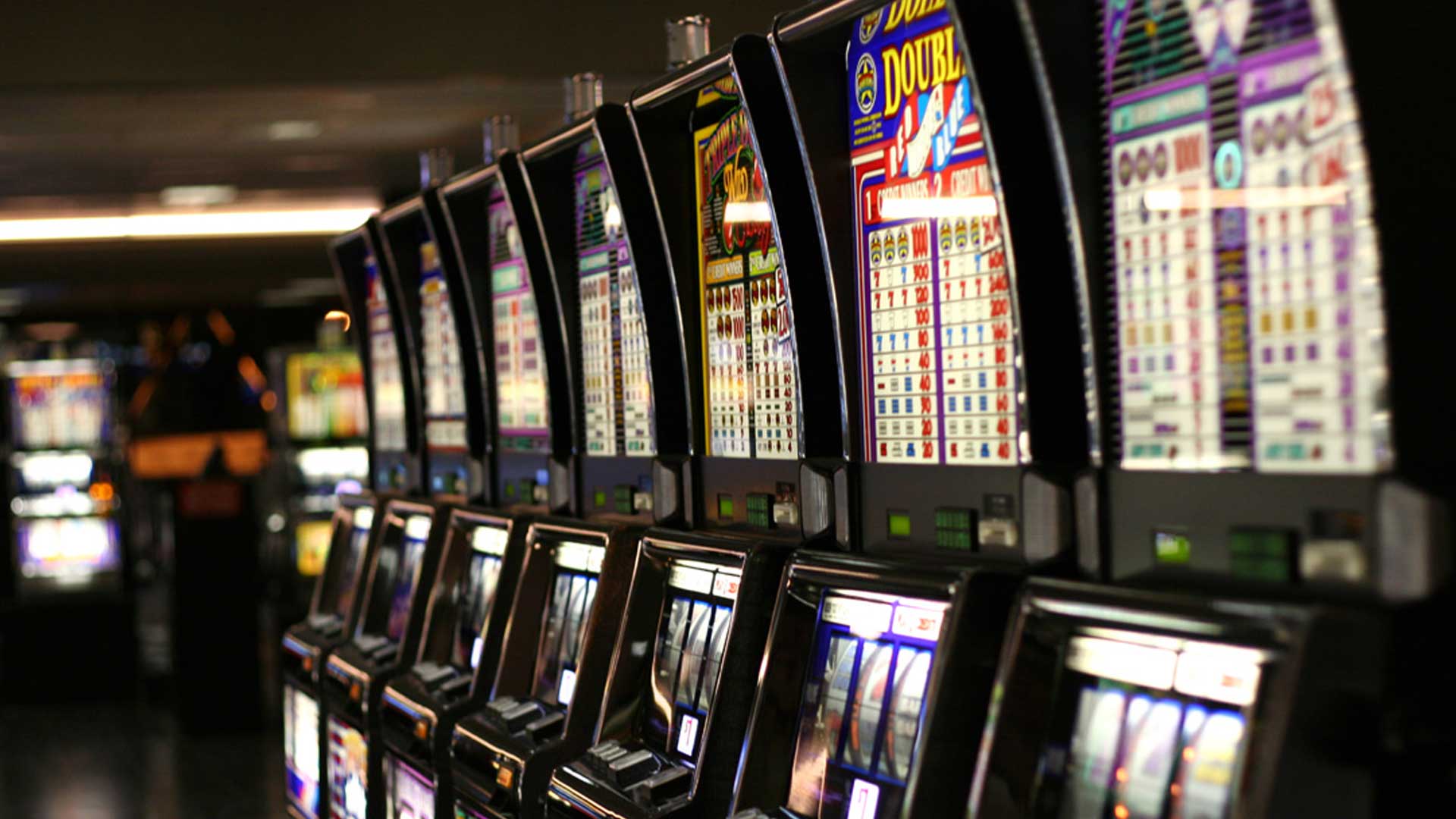Why Casino Dreams Blur Reality

Why Casino Dreams Blur Reality: Unveiling the Hidden Truths of Gambling
The shimmering lights of a casino, the thrilling clatter of slot machines, and the promise of life-changing jackpots paint a captivating picture. For many, the casino floor represents a world where dreams come true, where a single roll of the dice or a fortunate spin can erase financial worries and usher in an era of unimaginable wealth. This intoxicating vision, heavily marketed and deeply ingrained in popular culture, is the initial allure. Yet, beneath the veneer of glamour and excitement lies a complex reality where dreams often blur, distort, and ultimately dissipate, leaving behind a trail of blurred lines between fantasy and harsh consequences.
The Seductive Illusion: How Casinos Craft a Dream World
Casinos are meticulously designed environments, crafted to stimulate senses and suspend disbelief. From the lack of clocks and windows to the intoxicating mix of scents, sounds, and constant activity, every element is engineered to keep patrons engaged and disoriented from the outside world. The initial dream is fueled by compelling narratives of winners, massive payouts, and the sheer accessibility of games. Whether it's the strategic depth of poker, the rapid-fire action of roulette, or the seemingly simple pull of a slot machine lever, each game offers a unique pathway to the envisioned fortune. The digital age has further amplified this accessibility; online gambling platforms have made it easier than ever to chase these dreams from the comfort of one's home. Many players might seek out specific platforms, like trying their luck with m m88 slot, drawn by the promise of easy wins and thrilling gameplay.
The Unyielding Reality: The House Always Wins
The first crack in the dream's facade appears when one understands the fundamental mathematics of gambling: the "house edge." Every casino game is designed with a statistical advantage for the establishment. While individual sessions might see players win, the odds are perpetually tilted in favor of the casino over the long run. This isn't a conspiracy; it's the core business model. Probability dictates that the more you play, the closer your results will align with the statistical expectation, meaning the more likely you are to lose money. This immutable truth clashes directly with the individual's hopeful dream of sustained winning streaks and consistent profits, turning what feels like a game of chance into a slow, inevitable drain on resources.
Psychological Traps: Blurring Perception
Beyond mathematics, casinos leverage deep psychological principles to keep players engaged and betting. Cognitive biases play a significant role in blurring reality. The "gambler's fallacy," for instance, leads players to believe that past events influence future outcomes (e.g., if red has come up five times in a row, black is "due"). "Near misses" – like hitting two out of three symbols on a slot machine – are psychologically reinforced as almost-wins, encouraging continued play despite being functionally identical to a total loss. The "illusion of control" makes players believe their personal rituals or choices can influence random outcomes. These subtle psychological manipulations, combined with the intermittent reinforcement of small wins, create a powerful feedback loop that can make a losing streak feel like a temporary setback rather than an inevitable outcome, further obscuring the true financial impact.
The Descent into Compulsive Behavior: When a Dream Becomes a Nightmare
For some, the blurring of reality intensifies into a serious problem: gambling addiction. What begins as entertainment or a pursuit of a dream can escalate into a compulsive behavior driven by neurochemical changes in the brain. The dopamine rush associated with winning (or even near-misses) can be intensely pleasurable, creating a craving that mirrors substance addiction. As losses mount, the "chasing losses" phenomenon takes hold, where individuals desperately bet more to recover what they've lost, digging themselves deeper into a financial hole. This cycle is incredibly difficult to break, as the initial dream of wealth is replaced by a desperate need to escape the consequences of past wagers, transforming the casino from a place of hope to a source of immense stress and despair.
The Real-World Fallout: Beyond the Casino Walls
The blurred reality inside the casino doesn't stay confined to its walls. For those caught in the grip of problem gambling, the consequences ripple outwards, affecting every aspect of their lives. Financial ruin is a common outcome, leading to mounting debt, bankruptcy, and loss of assets. Relationships with family and friends often suffer due to deception, broken trust, and the emotional toll of the addiction. Mental health issues, including anxiety, depression, and even suicidal ideation, are tragically common among compulsive gamblers. The once-glamorous dream of easy money disintegrates into a nightmare of isolation, shame, and profound regret, a stark contrast to the initial aspirations.
Reclaiming Reality: Awareness and Responsible Gambling
Understanding why casino dreams blur reality is the first step towards protecting oneself. Responsible gambling involves setting strict limits on time and money, viewing gambling as entertainment rather than a source of income, and never chasing losses. Awareness of the house edge and psychological biases can help individuals make informed decisions and resist the allure of the casino's carefully constructed illusion. For those already struggling, recognizing the problem and seeking help is crucial. Numerous resources and support groups exist to guide individuals back to a clear understanding of reality, helping them rebuild their lives free from the grip of gambling addiction. The dream of quick riches is a powerful one, but the real wisdom lies in understanding its transient and often destructive nature, choosing instead to live a life grounded in sustainable reality.